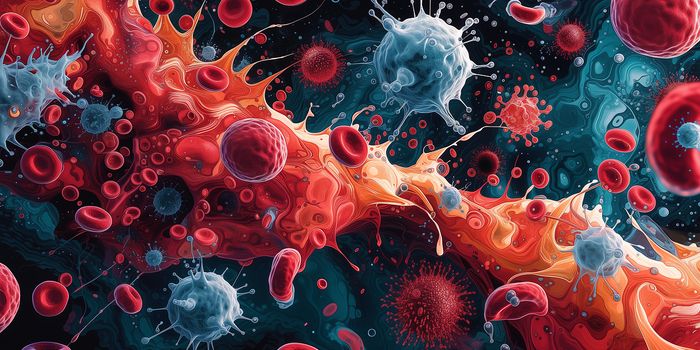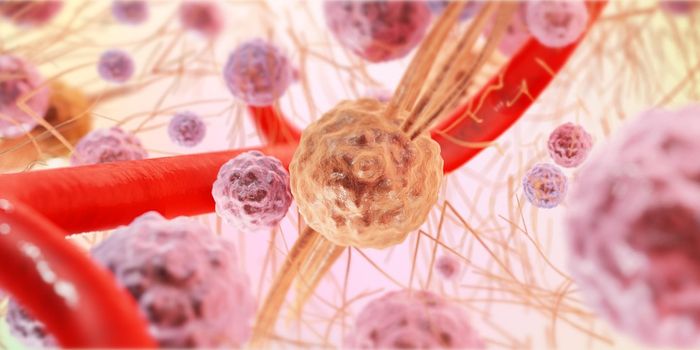Every scientist who's ever turned a curious eye into a microscope has dreamed of making a discovery that rattles the foundation of what we know.
That's what happened for University of Virginia School of Medicine postdoctoral fellow Antoine Louveau when he used a novel approach to viewing the meninges of a mouse as a whole by mounting the membranes to a single slide. Once he did this, he was able to see vessels connecting the lymph system directly to the central nervous system-a discovery that reverses what had previously been thought not to exist.

Louveau said one trick made all the difference: "We fixed the meninges within the skullcap, so that the tissue (was) secured in its physiological condition, and then we dissected it. If we had done it the other way around, it wouldn't have worked."
The discovery has far-reaching repercussions. In addition to forcing textbook companies to consider new editions that include the direct link via vessel between the immune system and brain, it likely means new frontiers in the understanding and treatment of neurological diseases from multiple sclerosis to Alzheimer's to autism.
Jonathan Kipnis, neuroscience professor at UVA and director of UVA's Center for Brain Immunology and Glia (which has the appropriate acronym BIG), said brain-immune system research can now include a mechanistic view instead of wondering how to study the immune response of the brain or why multiple sclerosis patients have immune attacks.
"The brain is (now) like every other tissue connected to the peripheral immune system through meningeal lymphatic vessels," he said. "It changes entirely the way we perceive the neuro-immune interaction. We always perceived it before as something esoteric that can't be studied. But now we can ask mechanistic questions.
"We believe that for every neurological disease that has an immune component to it, these vessels may play a major role. Hard to imagine that these vessels would not be involved in a (neurological) disease with an immune component."
The previously undiscovered existence of these lymphatic vessels creates a whole new series of questions about the brain's functioning, particularly in relation to the lymph system.
Kipnis ponders the repercussions in one small example, noting the vessels change with age: "In Alzheimer's, there are accumulations of big protein chunks in the brain. We think they may be accumulating in the brain because they're not being efficiently removed by these vessels."
A modest Louveau described the moment of discovery, citing that proper preparation paved the way: "It was fairly easy, actually," he said. "I called Jony [Kipnis] to the microscope and I said, 'I think we have something.'"
How has discovery of these brain lymphatic vessels eluded discovery this long? Kipnis said they are "very well hidden," tracing a blood vessel into the sinuses, which are hard to image. "It's so close to the blood vessel, you just miss it," he said. "If you don't know what you're after, you just miss it."
Kipnis credited a few other members of the team with crucial assists in the discovery, in particular the live imaging assistance of Tajie Harris, an assistant professor of neuroscience and a member of the BIG center, and Igor Smirnov, a research associate in the lab.
Follow Will Hector on Twitter: @WriterWithHeart
(Source: Science Daily)









